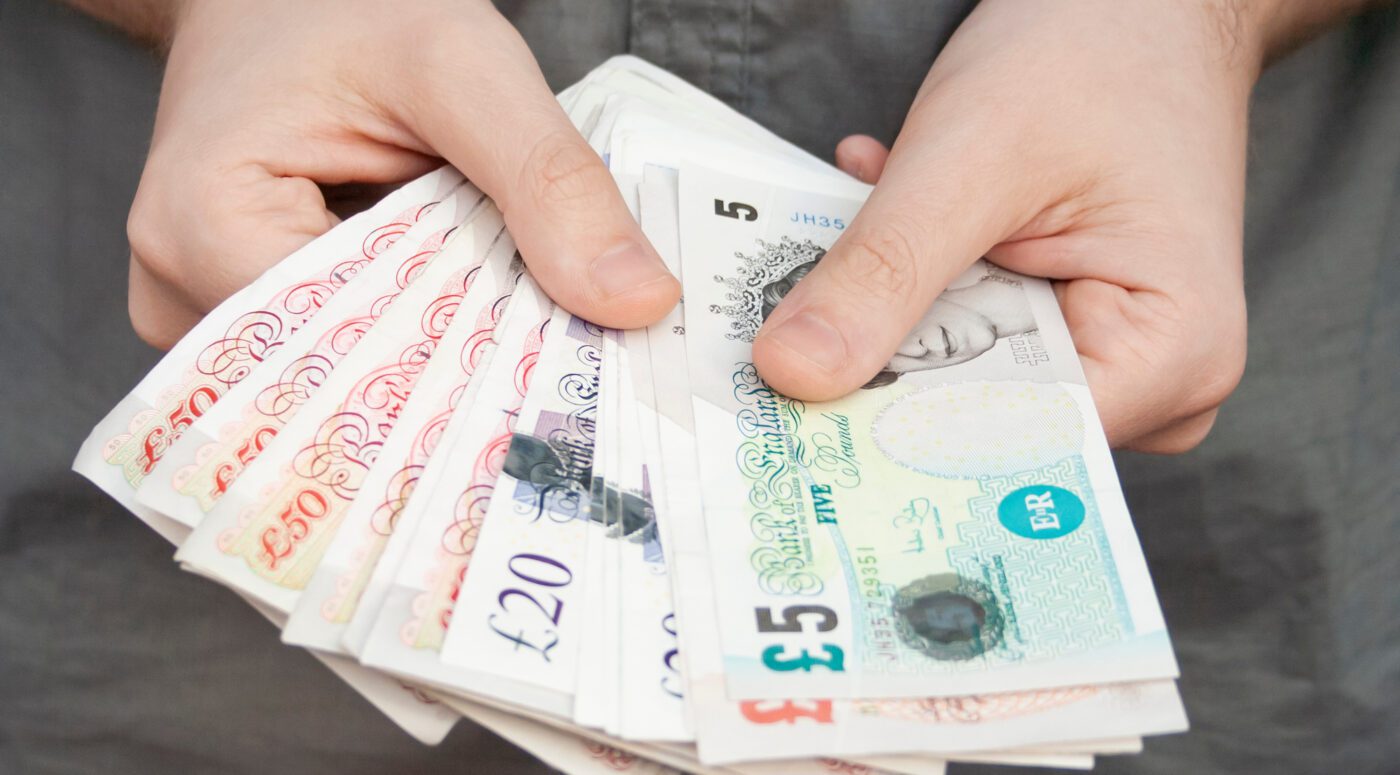

Hawala banking is an informal system of money transfer that does not use traditional banking channels. Instead, hawala transactions are facilitated by a network of hawaladars, or money brokers. Hawaladars typically operate outside of the formal financial system and do not keep records of their transactions. This makes hawala banking attractive to criminals who want to launder money or finance terrorism. In this article, we outline the offences of money laundering and financing terrorism as linked to hawala banking, explain how money services businesses (MSBs) fit in, provide some examples, and detail how activities in this area are punished. We also explain whether first time offenders are likely to go to prison for these offences.
What is the offence of hawala banking and MSBs in the UK?
Hawala banking is not illegal in the UK, therefore there is no offence of hawala banking. That said, any use of hawala banking must comply with regulations set in England and Wales. An established and regulated money transfer business must register with HM Revenue & Customs so that it complies with UK money laundering regulations.
The following offences relate to hawala banking in the UK:
- Using hawala to launder money: It is a criminal offence to use hawala to launder money. This means using hawala to transfer money that is the proceeds of crime. Money laundering is a crime under the Proceeds of Crime Act 2002.
- Using hawala to finance terrorism: It is a criminal offence to use hawala to finance terrorism. This means using hawala to transfer money that will be used to fund terrorist activities. Financing terrorism can be an offence under the Terrorism Act 2000, the Anti-terrorism, Crime and Security Act 2001, the Counter-Terrorism Act 2008, the Terrorism Prevention and Investigation Measures Act 2011, and the Counter-Terrorism and Border Security Act 2019.
MSBs in the context of hawala banking refers to money service businesses. MSBs are businesses that provide financial services such as money transfers, bill payments, and currency exchange. In the UK, MSBs are required to register with the government and comply with anti-money laundering (AML) and counter-terrorism financing (CTF) regulations.
The following offences relate to MSBs in the UK:
- Failing to register with HMRC: All MSBs must register with HMRC and comply with AML/CTF regulations. Failing to register is a criminal offence.
- Failing to conduct customer due diligence (CDD): MSBs are required to conduct CDD on their customers, including identifying them and verifying their identities. Failing to conduct CDD is a criminal offence.
- Suspicious activity reports (SARs): MSBs are required to report any suspicious activity to the UK Financial Intelligence Unit (UKFIU). Failing to report suspicious activity is a criminal offence.
- Tipping off: MSBs are prohibited from tipping off customers about investigations into their activities. Tipping off is a criminal offence.
The exact requirements for a prosecution vary depending on the type of offence involved.
What are some examples of hawala banking and MSBs offences in the UK?
Here are some examples of hawala banking and MSBs offences in the UK:
Hawala banking offences:
- A man in the UK uses hawala to send money to his family in Pakistan. The family uses the money to fund a terrorist organisation.
- A woman in the UK uses hawala to launder money from drug trafficking.
- A business in the UK uses hawala to transfer money to a supplier in China. The supplier is a front company for a terrorist organisation.
MSBs offences:
- An MSB fails to register with HMRC.
- An MSB fails to conduct CDD on its customers.
- An MSB fails to report suspicious activity to the UKFIU.
What happens if you are suspected of committing hawala banking and MSBs offences in the UK?
If you are suspected of committing hawala banking and MSBs offences in the UK, you are likely to face strict investigations and serious legal consequences. Here’s what can happen if you are suspected of such offences:
- Investigation: Law enforcement agencies, such as the police or regulatory authorities like the Financial Conduct Authority (FCA) in the UK, may initiate an investigation into the alleged hawala or MSBs offences. This investigation aims to uncover whether you are engaged in unregistered or illegal money transfer activities.
- Arrest and Questioning: If there is sufficient evidence, you may be arrested and questioned by the authorities. You have the right to remain silent and seek legal representation during questioning.
- Charges: If the investigation reveals that you have been involved in unregistered or illegal hawala banking or MSBs activities, you may be charged with criminal offences related to breaches of financial regulations and money laundering laws.
- Legal Proceedings: The case will proceed to legal proceedings, which may include court hearings and trials. During these proceedings, you will have the opportunity to present your defence, and the prosecution will present evidence against you.
- Conviction: If you are found guilty in court, you could face penalties, including fines and imprisonment. The specific consequences will depend on the nature and extent of your involvement in hawala or MSBs offences.
- Confiscation Orders: In some cases, the court may issue confiscation orders to recover the proceeds of illegal financial activities.
- Regulatory Penalties: If you are involved in unlicensed MSBs activities, you may face regulatory penalties, including fines and restrictions on your ability to engage in financial services.
- Civil Liability: Apart from criminal charges, you may also face civil liability, including lawsuits from affected parties seeking damages.
The UK has strict regulations concerning financial services to prevent money laundering and illicit financial activities, and being suspected of any offences involving hawala banking or unlawful MSBs can have wide-ranging consequences for offenders.
What is the sentence for an offence involving hawala banking and MSBs?
The sentence for an offence involving hawala banking and MSBs can vary depending on the specific offence committed. However, in general, the penalties for these offences are severe.
For example, the maximum sentence for using hawala to launder money is 14 years’ imprisonment. The maximum sentence for using hawala to finance terrorism is life imprisonment.
The penalties for MSB offences are also severe. For example, the maximum fine for an MSB that fails to register with HMRC is £500,000. The maximum fine for an MSB that fails to conduct CDD on its customers is £250,000.
The UK government takes hawala banking and MSBs offences very seriously because they can be used to facilitate money laundering and terrorist financing. These offences can have a devastating impact on society.
The maximum penalties for some of the most common hawala banking and MSBs offences are:
- Using hawala to launder money – 14 years’ imprisonment
- Using hawala to finance terrorism – life imprisonment
- Failing to register as an MSB – £500,000 fine
- Failing to conduct CDD on customers – £250,000 fine
- Failing to report suspicious activity – £100,000 fine
- Tipping off a customer about an investigation – £100,000 fine
Note that these are the maximum penalties. The actual sentence that a person receives will depend on the specific circumstances of the case. For example, a person who is convicted of using hawala to launder a small amount of money is likely to receive a shorter sentence than a person who is convicted of using hawala to launder a large amount of money.
Will I go to prison if it is my first time committing an offence involving hawala banking and MSBs?
Whether or not someone will go to prison for a first-time offence involving hawala banking and MSBs depends on a number of factors, including:
- Severity of the offence: A more serious offence, such as using hawala to finance terrorism, is more likely to result in a prison sentence than a less serious offence, such as failing to conduct CDD on customers.
- Defendant’s criminal history: A defendant with a criminal history is more likely to be sentenced to prison than a defendant with no criminal history.
- Discretion of the judge: Judges have a lot of discretion in sentencing defendants. Some judges are more likely to sentence defendants to prison than others.
In general, however, first-time offenders are less likely to be sentenced to prison than repeat offenders. This is because the criminal justice system is designed to rehabilitate offenders, and judges are more likely to believe that a first-time offender can be rehabilitated outside of prison.
However, there are some hawala banking and MSBs offences that are so serious that even first-time offenders are likely to be sentenced to prison. For example, a first-time offender who is convicted of using hawala to finance terrorism is likely to face a prison sentence.
Where to get further help
Hawala banking and MSB offences are very serious and the implications of being involved can be life changing. If you or someone you care about needs help with these offences, contact the experts at Stuart Miller Solicitors today. We have decades of experience working on these cases and may even be able to get a case against you dropped before it reaches trial.
OUR COMMITMENTS TO YOU:
-
Responsive
A legal expert will consult you within 24 hours of making an enquiry.
-
Empathetic
We will always treat you with trust, understanding and respect.
-
Specialised
Your case will be handled by an expert who specialises in your type of offence.
-
Proactive
We will take early action to end proceedings as soon as it is practically and legally possible to do so.
-
Engaged
You will be kept updated on your case at all times. We will provide a named contact available to answer your questions.
-
Caring
We understand this is a difficult and stressful time for you and your family. Our team will support you every step of the way.
-
Tenacious
We will never give up on your case. We fight tirelessly to get you the best possible outcome.
